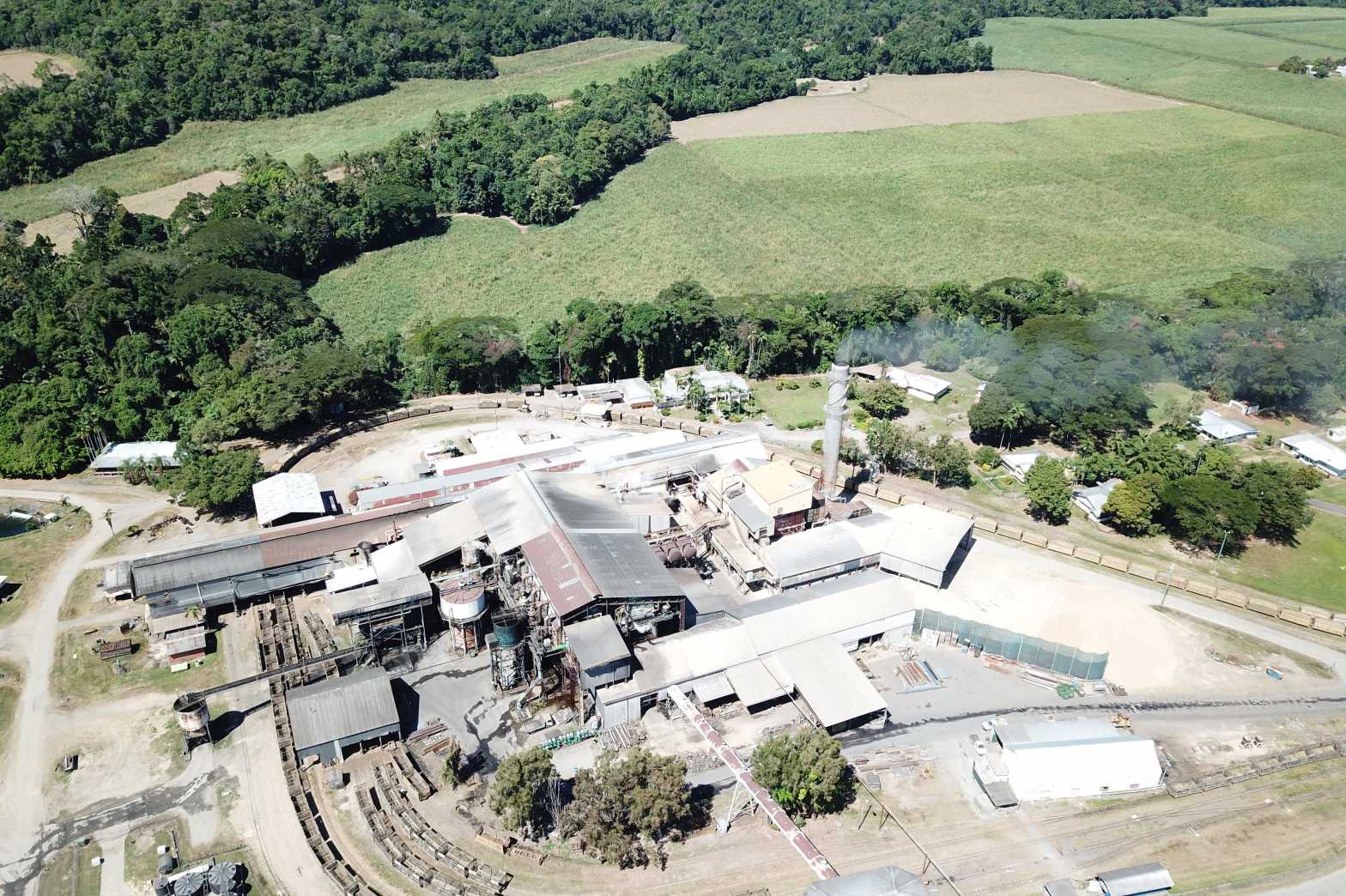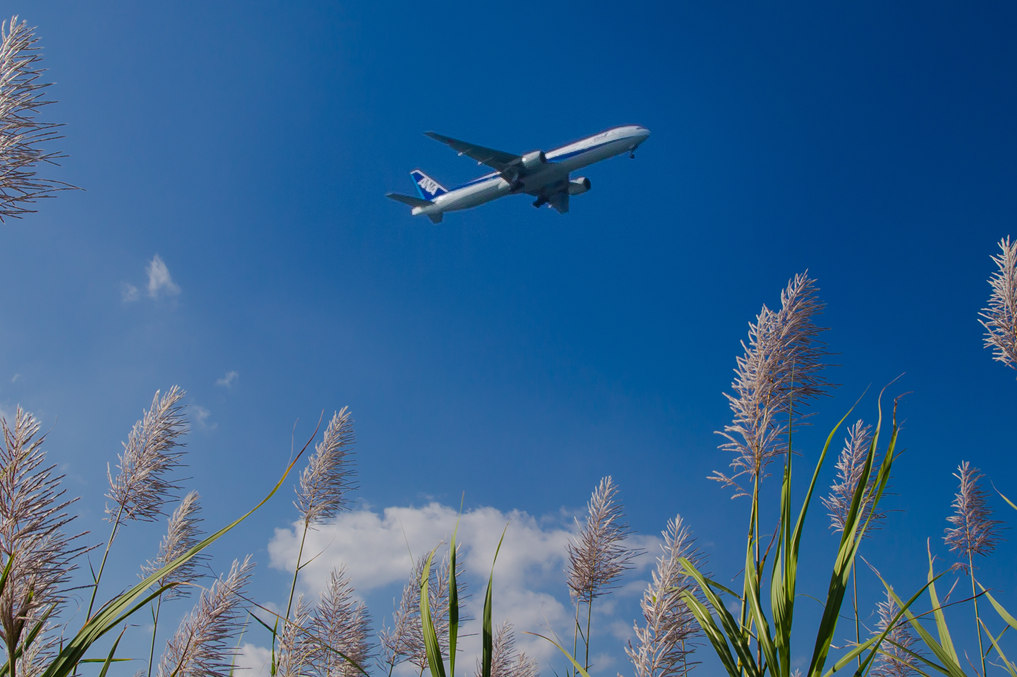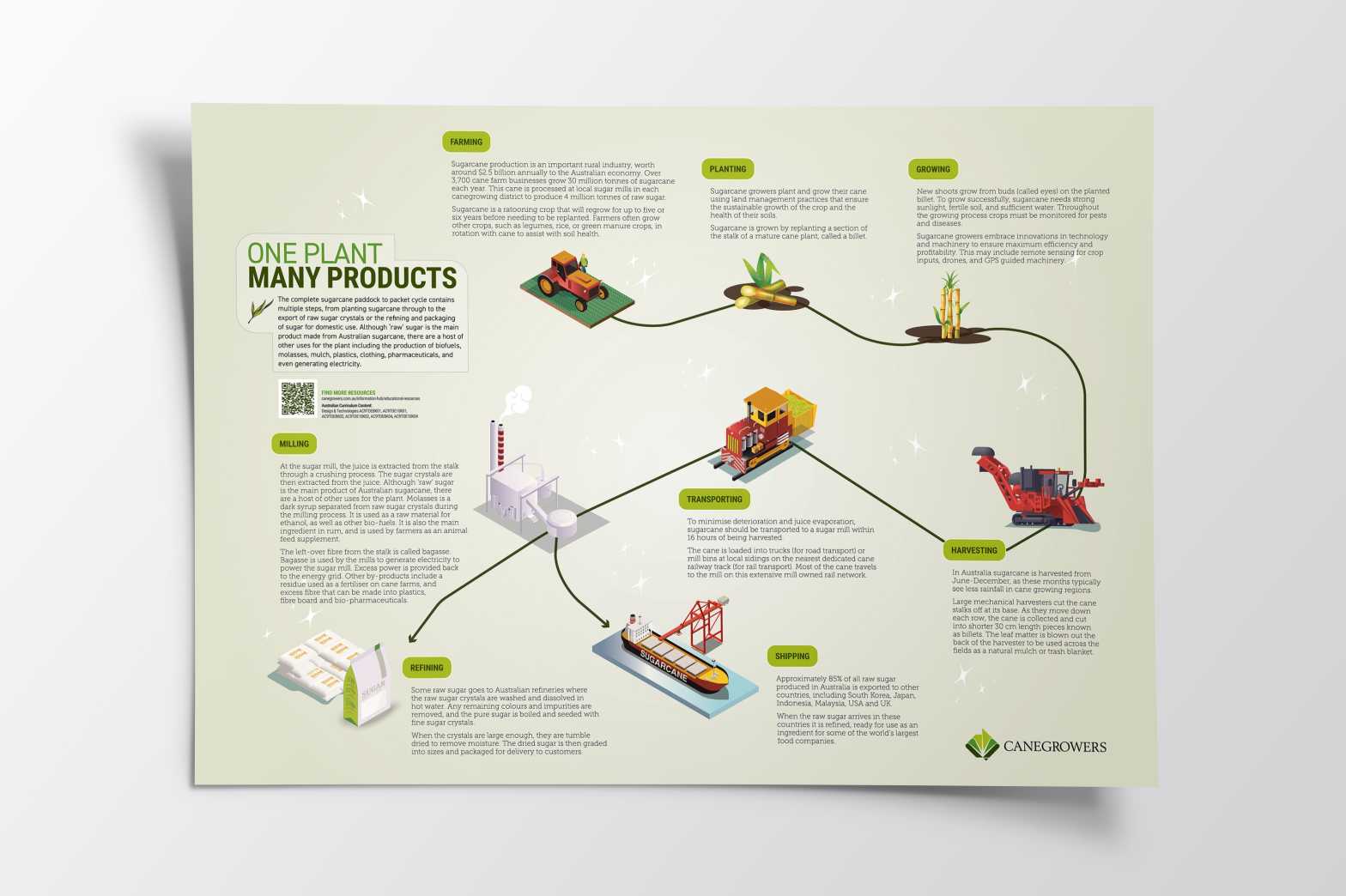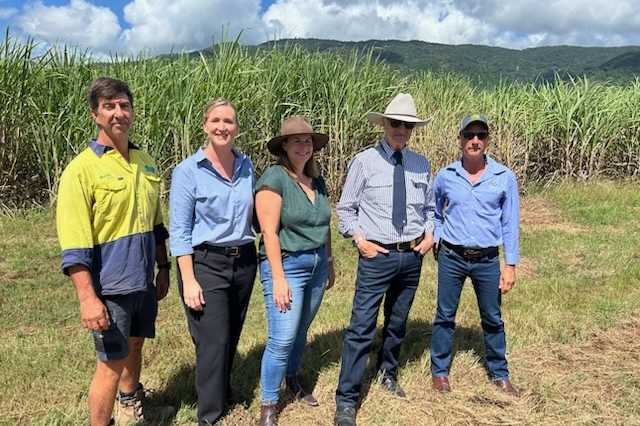CANEGROWERS and the Australian Cane Farmers Association are calling on the State Government to support Mossman’s recovery as the far north Queensland community continues to struggle in the aftermath of ex-Tropical Cyclone Jasper.
Tourism revenue has plummeted since Jasper struck on December 13, and now the region’s only other major employer is in jeopardy, CANEGROWERS Mossman Chairman Matt Watson has said.
“People are still doing it really tough in Mossman. The town was basically isolated for weeks after Jasper. Homes, businesses, and farms were all inundated by flooding and the water has taken so long to subside due to continuing rainfall that the community is still counting the cost,” Mr Watson said.
“One thing we do know is that tourism, which is one of the region’s biggest industries, has fallen off significantly. That’s had a huge impact on the community.
“To make matters worse, Mossman’s single biggest employer, the Daintree Bio Precinct, is now in real jeopardy if the government doesn’t step in and help secure its future.”
The bio-precinct and its subsidiaries, including Far Northern Milling (FNM), contribute around $190 million to the local economy annually and employ 570 people, almost a third of the town’s population.
The 2023 sugarcane season was challenging for the whole Queensland industry due to particularly challenging weather conditions that resulted in tonnage and sugar content being down by 15%.
As a result, FNM found itself in the position where it no longer had enough funding to support the 2024 harvesting season and entered voluntary administration on 20 November 2023.
The administration process was paused when Jasper hit, with the company given a 45-day reprieve to come up with a viable solution to save the precinct.
Now, with that deadline rapidly approaching, a consortium has come forward with a plan to turn the precinct into a green energy hub, but only if the State Government supports the initiative through guaranteeing the 2024 and 2025 seasons.
“The bio-precinct was an excellent idea when it was launched in 2019 and it’s still an excellent idea today. Unfortunately, the transition process has taken longer than first anticipated, but it would be a shame for it to fall over when we’re so far down the track,” Mr Watson said.
The region’s sugarcane growers have invested heavily in the bio-precinct initiative over several years and are ready to do their part once again to ensure its survival, he added.
“Since 2019, Mossman growers have been paying a $2 per tonne Sustainability Levy to ensure the Mossman Mill could continue crushing, both to produce sugar and supply feedstock for the bio-precinct. That’s more than $7 million that growers have contributed to mill operations."
“On top of this, local growers have already invested $12 million to establish the 2024 crop. It is critical that this crop is harvested and processed so that growers can recoup this investment and maintain their future financial viability.
“We’re committed to the industry and to continuing our support for the mill, because, at the end of the day, we believe in the viability of the bio-precinct initiative and what it could mean for the future of Mossman as a part of Queensland’s burgeoning bioeconomy.”
Australian Cane Farmers Association representative Jack Murday urged the Queensland Government to help save the Mossman community by throwing its full support behind the mill's biofuel transition process.
“The region has just faced a disaster, the likes of which we haven’t seen for a long time, but the community is resilient, and we are working hard to get back on our feet. But if the government abandons us by failing to support this plan to get the bio-precinct up and running, that may very well be the death knell for our community. It’s at times like these, when we have suffered a huge blow, that we need our elected representatives to step up.” Mr Murday said.
It is anticipated that the project will be capable of producing 50,000,000 litres of renewable fuel per year, including a combination of methane, sustainable aviation fuel (SAF) and biodiesel to supply renewable energy to remote Queensland communities.
“Helmont and Licella have a plan to make the bio-precinct a successful industry and are committed to continuing their feasibility studies. There are also other proponents who could invest, subject to due diligence. The growers and local community fully support a bio-precinct industry for Mossman. We just need the State Government to get behind it too and ensure that growers can provide the feedstock for the project when it comes online.”




